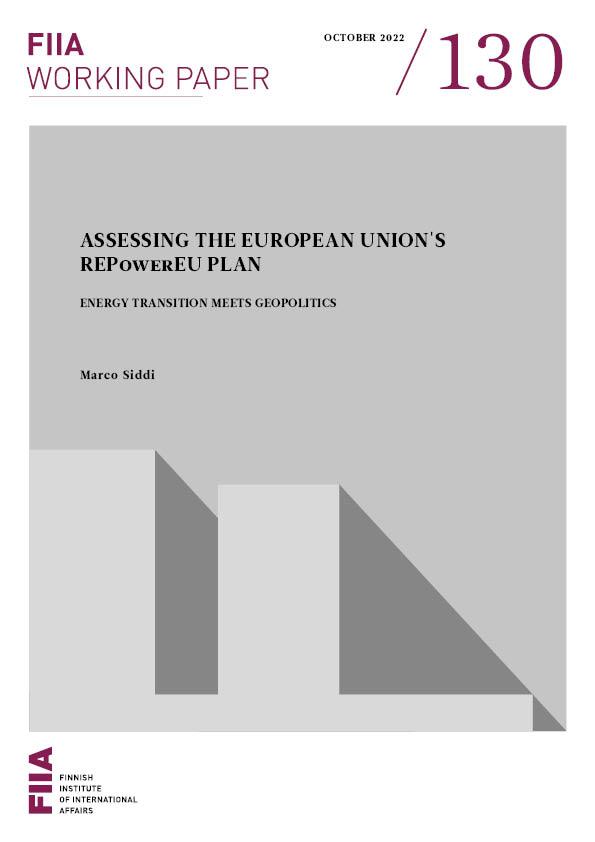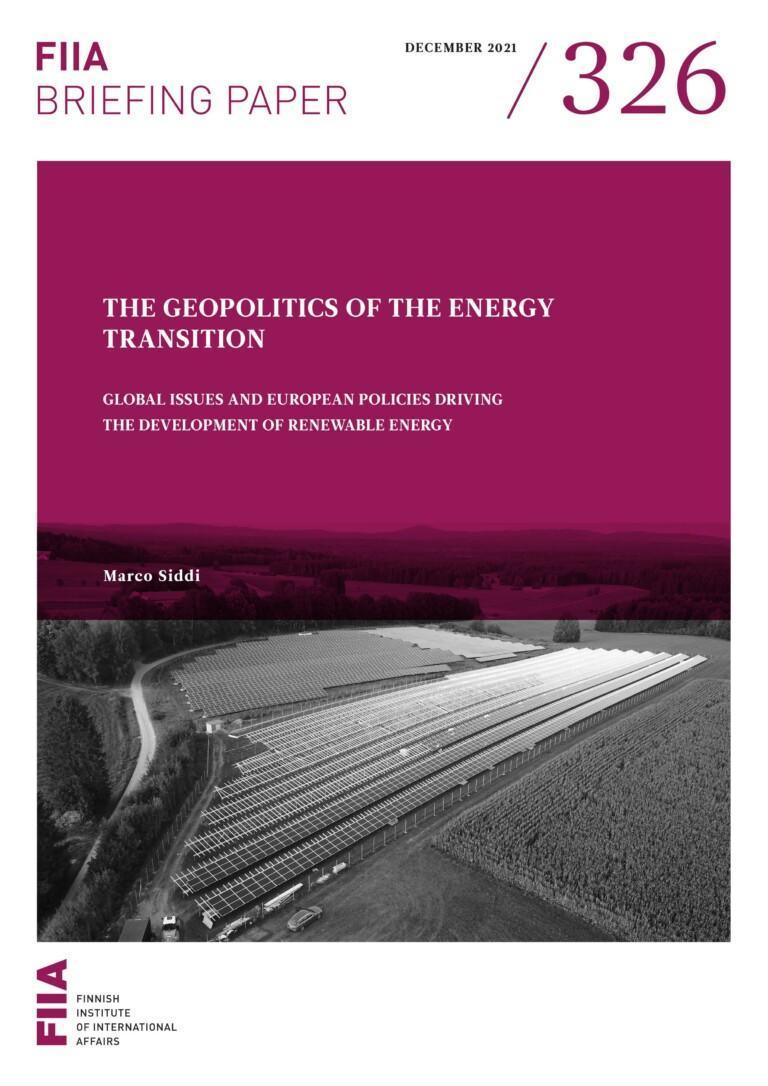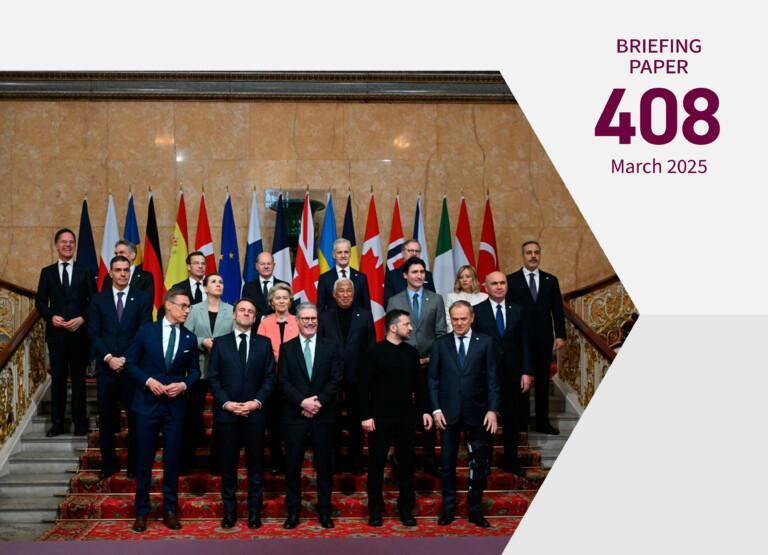
Policymakers have come to consensus on the need to prioritize the low-carbon energy transition. But this comes with costs and questions of fairness. Therefore, policymakers also see transition initiatives as an opportunity to ensure more just outcomes. This has been dubbed the “just energy transition”. But what does a just energy transition mean in practice? How do policymakers bridge the gap between assessed needs – injustices – and policies that correspond to those needs?
This Working Paper evaluates and compares EU and US policies aimed at the energy transition and energy justice. It considers the extent to which the European Green Deal (EGD) and the US Inflation Reduction Act (IRA) attempt to enshrine “energy justice”, as well as the various understandings of the term from the distribution, recognition, and procedure points of view. The paper shows that the EGD is more specific in terms of procedural justice, whereas the IRA includes more explicit clauses pertaining to recognition-based justice. Both highlight elements of distributional justice.









